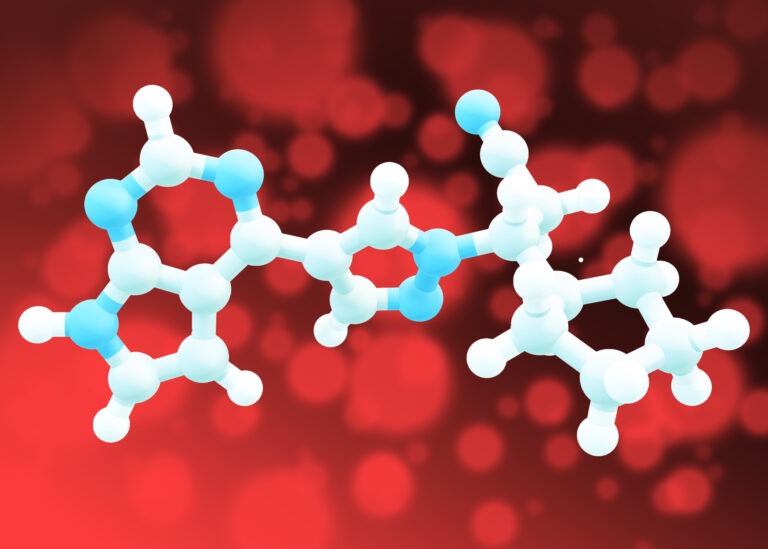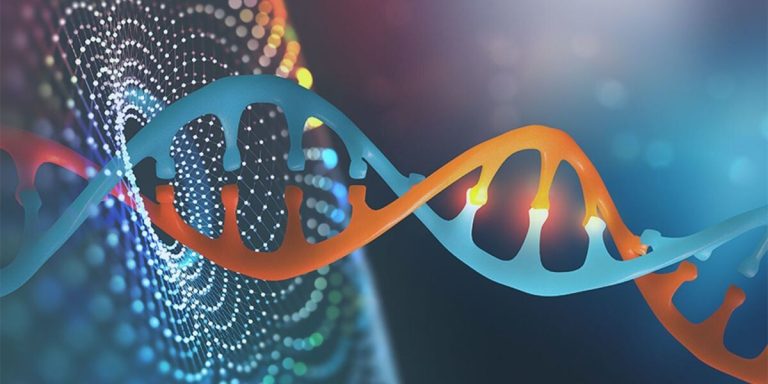The Intersection of Genetics and Mental Health: Understanding the Link
In the complex relationship between mental illness genetics and how to heal from it we’ve seen some of the greatest minds in both medicine and science working themselves to exhaustion. Other than genetics, there exist many different reasons for mental illness. Holding a key relationship with mental illness, genetics allows a person to suffer from or escape some forms of mental disorder; at the same time it influences how he responds to treatments. If we can explore and understand more about this complex connection, then we will have advanced much nearer towards personalized treatment methods for those who are suffering with mental illness.
The Genetic Basis of Mental Disease
Mental illness such as depression, bipolar disorder, schizophrenia, anxiety disorders have all now been seen linked with genetics. Through family studies, twin research and adoption studies can establish with a fair degree of certainty that heredity is one factor in mental health. For example, schizophrenia: Even identical twins have a much higher rate of incidence (50% agreement) than fraternal siblings (around 15%). This clearly shows the importance of genes.
Some genetic variants connected to mental health conditions have been identified by genome-wide association studies (GWAS). An example is single nucleotide polymorphisms (SNPs) that possibly change brain development, neurotransmitter function, or stress response systems. However, most mental health disorders are mul-tifactorial, dinting that they derive fro mthe interaction of many genes and environmental agents.
Epigenetics: Linking Genetics and Environment
As a bridge between genetic predisposition and environmental influences, epigenetics holds a particularly important role. For example,epigenetic modifications like DNA methylation and histone modification can control gene expression without changing that organism’s genetic mate-rial from which it arose. Such changes can be brought about by various external factors such as trauma, stress, diet or exposure to toxins.
After an introduction has been given of both how environment and genetic predisposition may alter brain responses to mental illness, several instances that illustrate at the genetic level a person’s ability or predisposition for diseases were taken from this foundation.
A number of different research projects have shown, for example, that adverse childhood experiences may cause a permanent effect at the epigenetic level and increase the risk of depression or anxiety in later life. On the other hand, positive interventions such as understanding sessions and mindfulness training will make at least some of these adverse changes disappear back to zero marks left behind (see below).
The rapidly shifting game between nature and nurture
Insights from Neurobiology and Genetics
However, as the history of medicine so clearly shows, we owe a monumental debt to genetics research. The discovery of the genetic causes of all sorts of diseases had led to a series of brief but path-breaking papers for quite some time. Number them and turn in end “A review article on current human genetics stage 1:” But it is by knowing yet not having a ready solution that we have made progress in eliminating certain diseases.
Recent studies have demonstrated, for instance, that genes encoding various serotonin and dopamine via amino acid polymorphisms are associated with clinical depression, mania and schizophrenia. And research from animal model experiments using tailor-made drug therapy protocols for their different railroads intersecting the same doomed town squares’ edge lefty scissors-cuts both appear to be programed into the abnormal state of brain that characterizes these diseases points rather clearly toward new strategies of future therapeutics perhaps some old drugs which once were dropped like hot potatoes. For instance, one study implicated the genes of neurotransmitter receptors in all kinds of psychiatric conditions, including bipolar disorder and schizophrenia. In addition, the weight of evidence from a complex task forced researchers to conclude: There are genetic determinants for brain function – really! Lastly, imaging studies have also been performed on people who have certain genes according to this report if need be (see Especially for Our Genes). “What kind of feeling is it when you feel like that emotional reaction?” Asks a scientist named Dr. Ludwig who is particularly interested in the brain’s reaction to outside factors??????.
Tailor-Made Mental Care: The Future of What Treatment Can Expect
With that understanding, personalized medicine for mental health, at last, seems to be coming. As it progresses, pharmacogenomics–the study of how genes affect drug response–is now also beginning to have an impact on treatment. For instance, differences in the CYP2D6 gene can determine how well a person can process antidepressants. Doctors nowadays make diagnostic decisions mainly based on this genetic information; to avoid severe side effects and to maximize effect are both crucial goals for the clinician.
Also, genetic insights are shaping new therapies. For example, CRISPR technology has the potential to edit genes linked with severe mental disorders. Though ethical and technical obstacles remain, these steps towards the future suggest that mental health care will be put up against one’s genetic sequence.
Ethical and Social Reflection
Despite the great promise that genetic research holds for improving mental health, it also raises ethical and social issues. With the real potential of genetic discrimination, stigma about having a mental illness, and uses or misuses of genetic data all weighing heavily on the public dog, you need a good watchdog with sharp legal fangs. But public enlightenment is urgently needed in case only the present generations understand it: All future participants will need to know this message as well. And while cooperation is unthinkable without mutual understanding and recognition, as well as respect between peoples, they remember too that co-existence is impossible in animals.
Fair access to genetic testing and therapies is essential to prevent disparities in health.
Conclusion
The integration of genetics and mental health signifies a new frontier in science and mankind. By knowing the genetic basis of diseases of the mind, we can catch diseases in their early stages, enjoy better treatment results and reduce the burden of mental illness on those around us. All this is being attempted only because there are still men heeding out to look for answers. These men use their techniques to push forward the frontiers of knowledge, aided by a moral resolve that such things are right and necessary.







